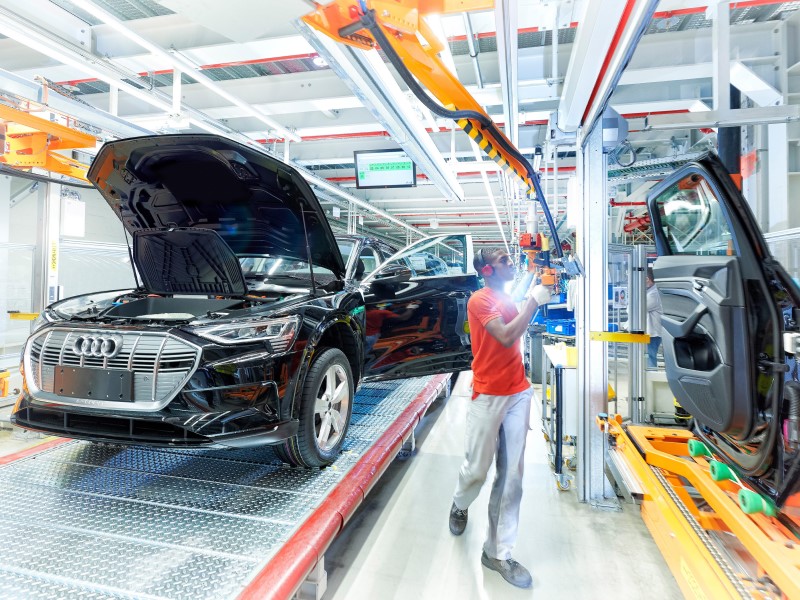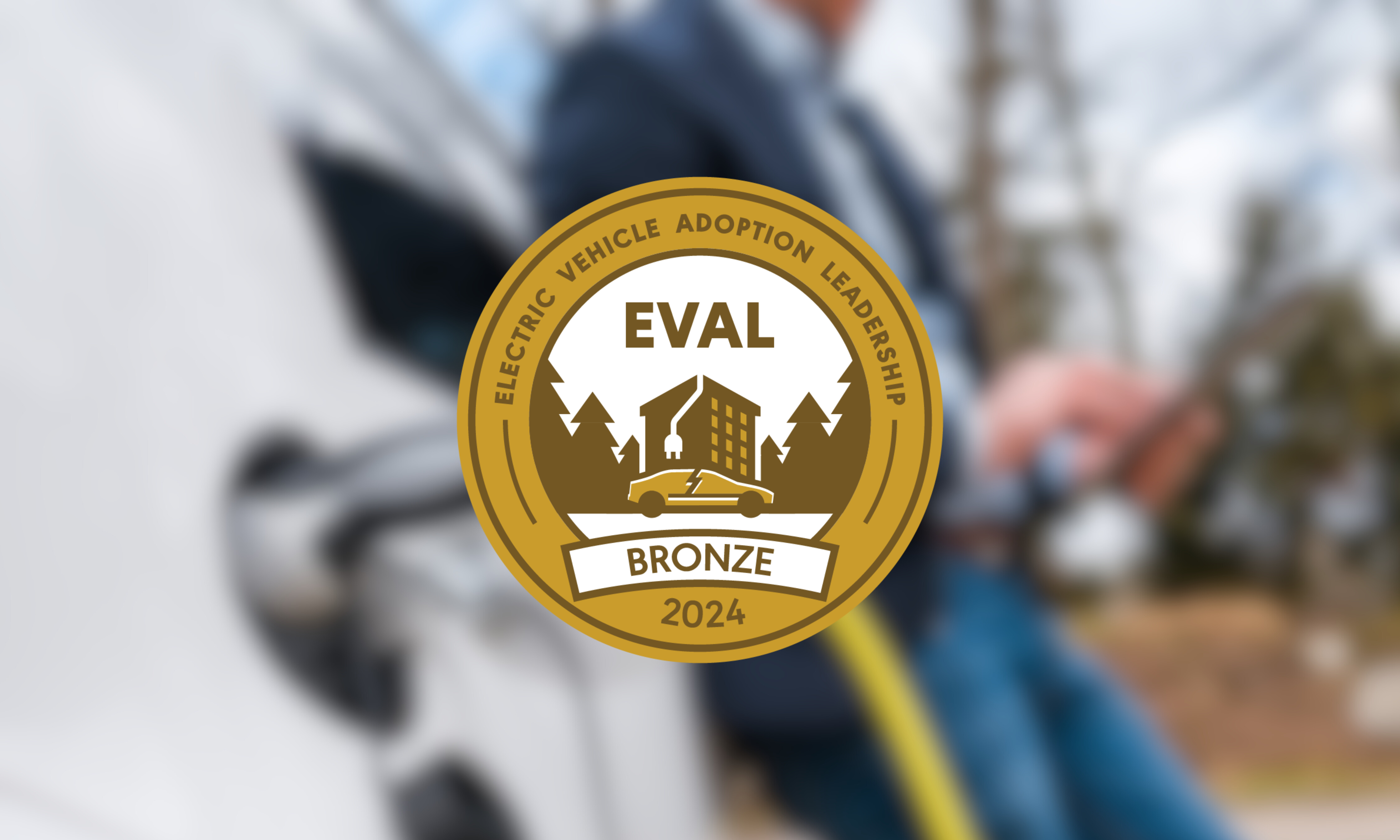With Earth Day right around the corner, let’s take a look at strides in the environmental sustainability of electric car manufacturing. This week, Audi showcased its new “green” factory in Brussels that is mass producing the Audi e-tron, an all-electric long-range SUV. This factory is on the forefront of automotive manufacturing energy efficiency and sustainability innovation, and is a window into how the electric cars of the future will be built.
Audi’s newly remodelled Brussels plant features a massive, 37,000 square meter photovoltaic solar field on its roof which generates a whopping 3,000 megawatts of power per year and cuts 700 tons of carbon dioxide from the air. High efficiency heat exchangers eliminate a further 4,000 tons of carbon dioxide emissions and, together with the solar panels, cut the plant’s dependence on the already very green local power grid by 95%. This factory has a further ace up its sleeve: the batteries for the e-tron are produced in house, eliminating the carbon pollution made from trucks and ships transporting the batteries to the Brussels factory. The mass production of a long range all electric SUV and its entire electric drivetrain is taking place at one of the greenest factories on the planet. Audi has further pledged to make all of its factories carbon neutral by 2030.
This is the direction that all car factories should be moving—electric vehicles produced in the most sustainable way possible with domestic-made components. Tesla is leading the pack domestically with its Gigafactory 1 outside of Reno. It features both solar and wind power sources, along with other energy efficiency and environmentally responsible design attributes that decrease the environmental impact of automotive manufacturing. As automakers transition to full electrification, the factories that build these vehicles should switch over to renewable energy and environmental sustainability. Audi’s Brussels factory is an excellent model because it’s not a new plant, but rather an existing facility that received a “green” facelift.
As we celebrate Drive Electric Earth Day this month, Plug In America emphasizes the incredibly important role that electric vehicles play in a sustainable future. The technology is here now and making the switch to driving electric is an impactful step that every American can take. Driving an electric car is much better for the environment than putting around in a gas car, and it’s healthier for us humans too, since electric cars don’t pollute the air we breathe. Electric cars are also much more environmentally friendly than gas cars at the end of their long life cycles, since an EV’s lithium ion battery can be repurposed as home or grid energy storage, and eventually recycled to make new batteries. This is the future of the EV: produced in an environmentally sustainable factory powered by renewable energy, driven on renewable energy, and recycled at its end of life.

